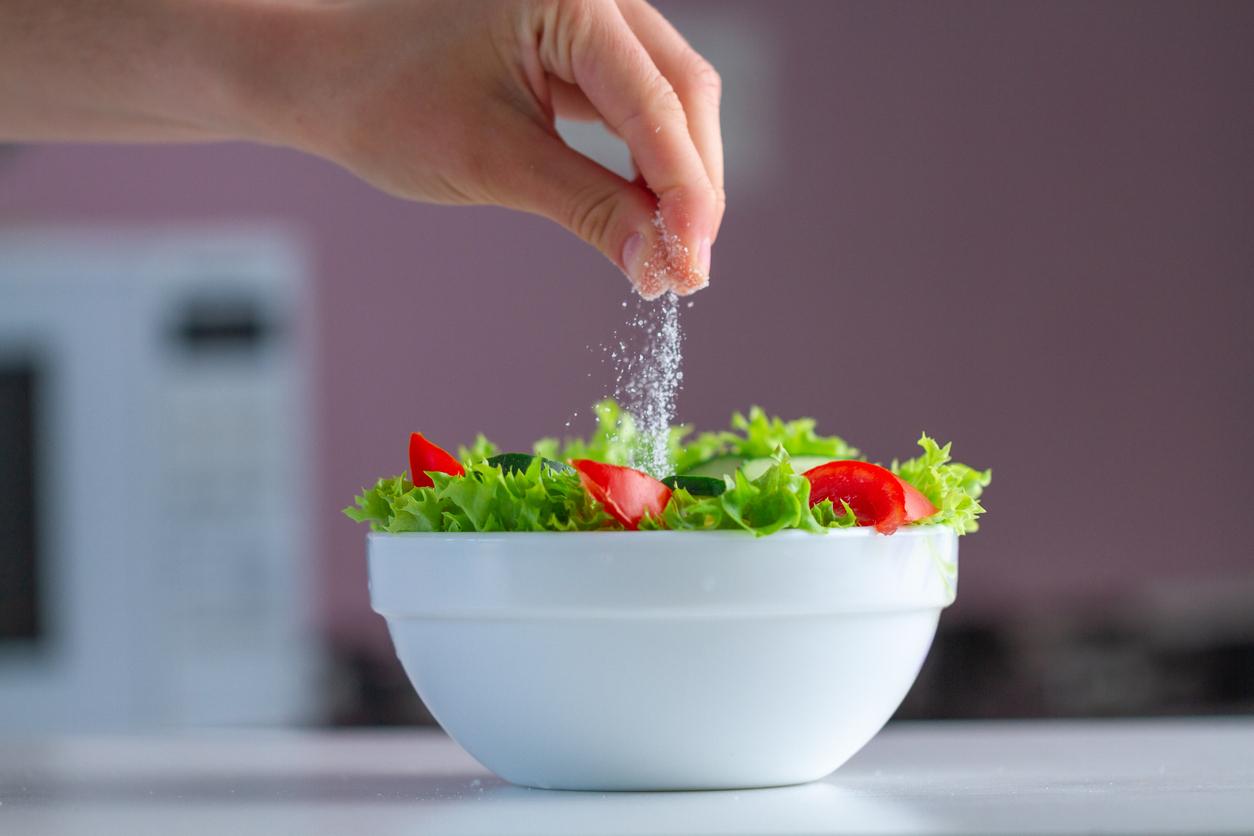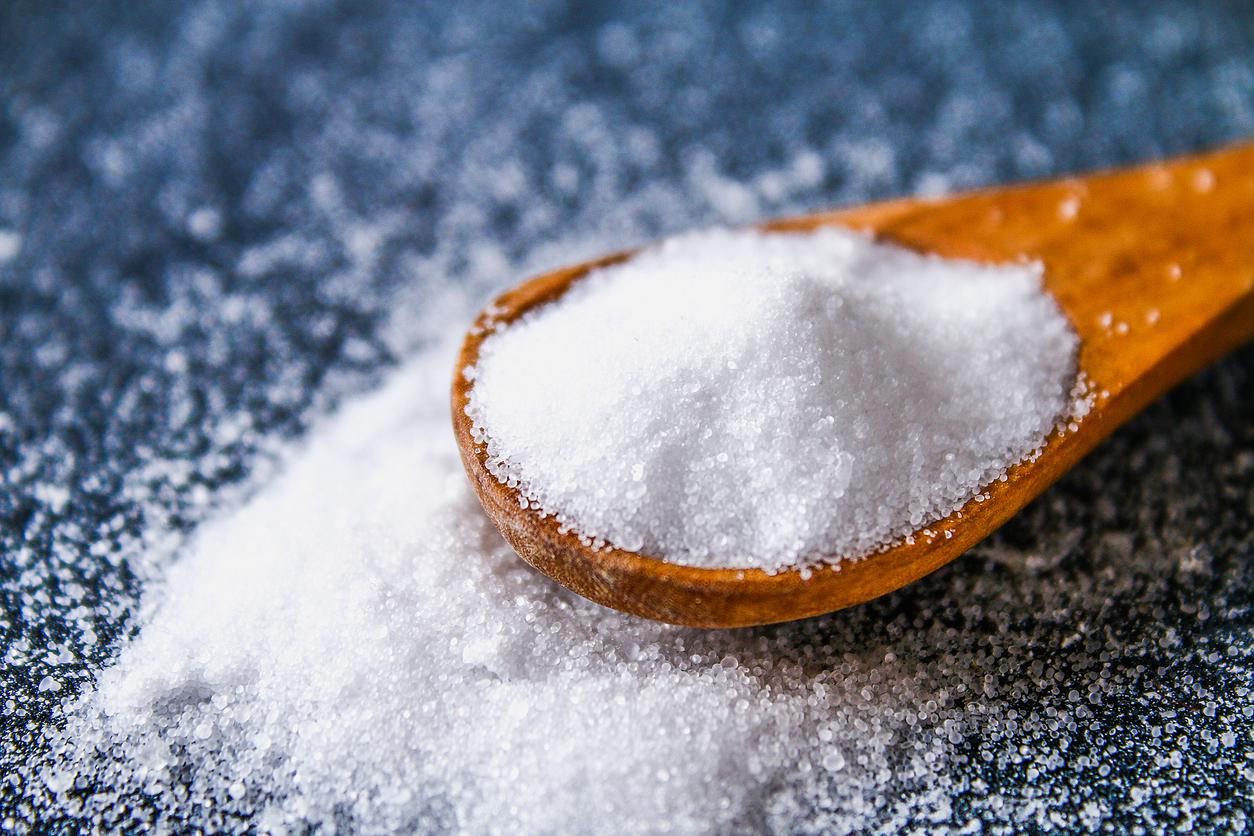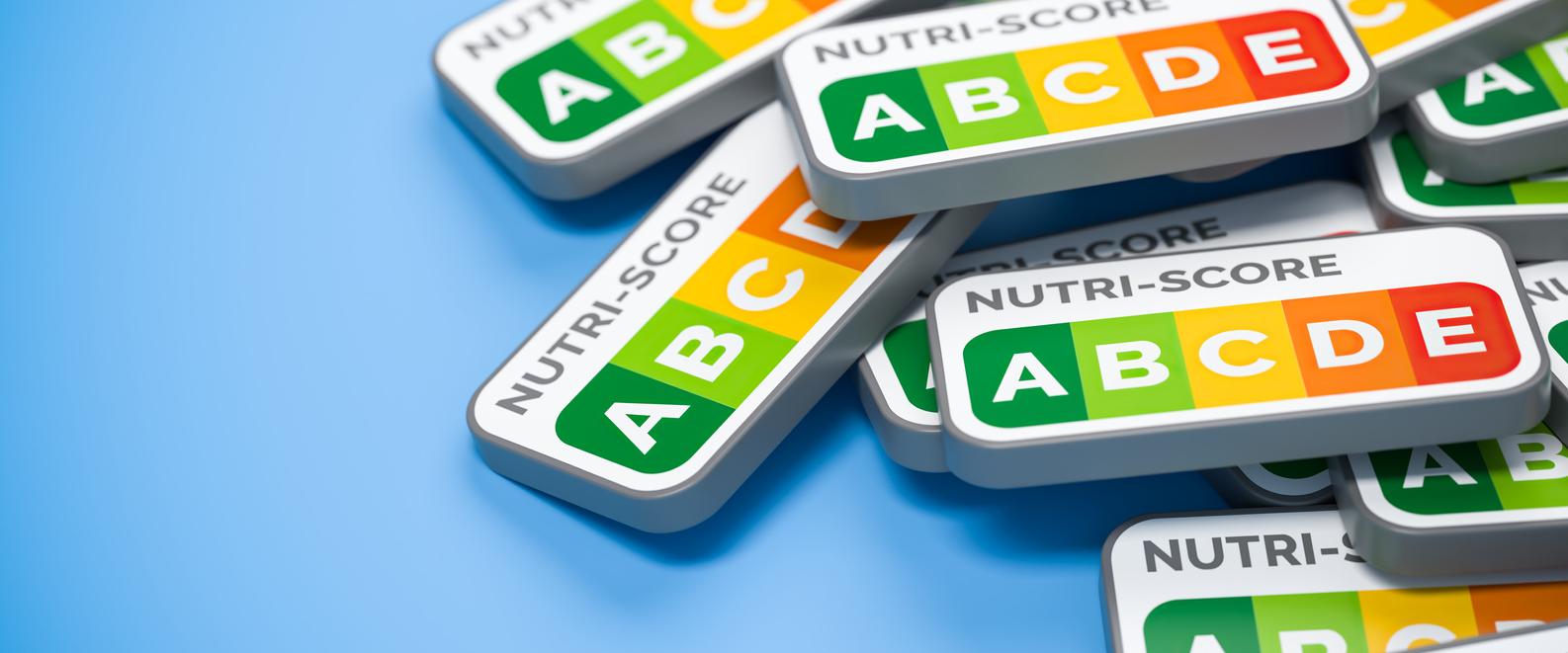Taxing products “contains too much salt” so that “the consumer is once again in control” of his diet. The track is currently being studied by around twenty deputies meeting in committee of inquiry on industrial foodwhich has been working since March 2018 on measures against malnutrition or the emergence of chronic diseases.
“There are public health issues which are extremely serious and which also include the question of salt”, confirmed to AFP the rapporteur of the commission and deputy La République en Marche (LREM) Michèle Crouzet. This “salt tax” would aim to force manufacturers to reduce the quantities of salt in their processed products, or even in meat. In his special “These foods that poison us! » published on April 12, 2018, the magazine 60 million consumers claimed that “80% of the salt absorbed by the French comes from processed foods”.
Five grams of salt per day maximum
The spokesperson also recalls that approximately 12 million people suffer from high blood pressure in France. “Excess salt consumption is now recognized as one of the risk factors for high blood pressure and cardiovascular disease, as well as other diseases, including stomach cancer, confirms theNational Agency for Food, Environmental and Occupational Health Safety (Anses). Excessive consumption could [également] promote the urinary elimination of calcium and thus promote osteoporosis, a disease causing the weakening of the bones and which can promote the appearance of fractures. » Overweight and obesity are also affected.
“We can easily put a lot less salt in our diet, without it affecting anything in terms of taste”, adds the deputy. I’World Health Organization (WHO) recommends a maximum consumption of five grams per day, or one teaspoon. According to the WHO, most people consume twice the maximum recommended intake, between 9 to 12 grams per day.
Additives in the sights
The question of food additives is also studied by the commission of inquiry. Still in Le Monde Its president and deputy La France Insoumise (LFI), Loïc Prud’homme, completes: “Ultra-processed products that contain colorings, preservatives or flavoring agents to impart an acceptable taste are a scourge on our diets”.
This measure is reminiscent of the “soda tax”, which since 2012 taxes all drinks containing added sugars, regardless of the quantity, in order to fight against obesity. The report is due September 27, 2018.
Also read:
- These foods that poison us without our knowledge
- Why do we eat too much salt? Science has the answer
- The positive effects of the soda tax
















